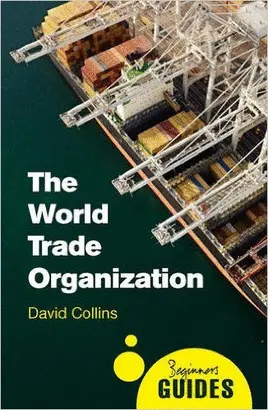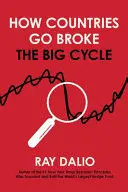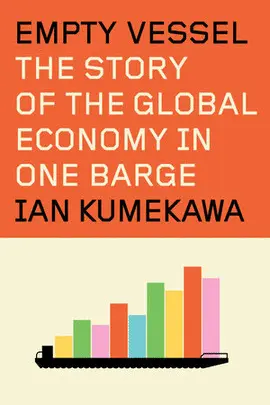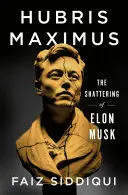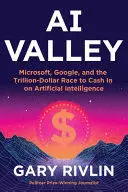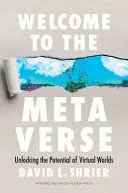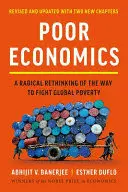The World Trade Organization is one of the most important yet least understood organizations in the world. As a lynchpin of globalization, the WTO allows us to enjoy products and services from around the world, but it also lays bare the frailty of many industries, in some cases leading to unemployment and even threatening social cohesion.
In this beginner's guide, Dr. David Collins explores the goals of the WTO and how these have created difficulties for its member countries as they adapt to the pressures of globalization. With high-profile case studies straight from the headlines and textboxes that clearly outline complex issues such as regional trade agreements and currency manipulation, this engaging and highly-informative book explains what the WTO does and how it fits into the world we know. Anti-globalizationists say it should expand its mandate to cover social issues that matter to real people but, as Collins shows, to pursue these goals would likely involve taking steps back from liberalizing international trade — the primary objective of the WTO and why the organization was created in the first place.


